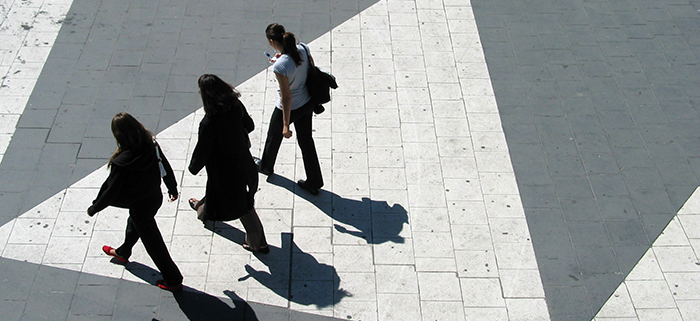“Be assured we will always triangulate the data” is a phrase used by the Meitler team when working with our clients. We triangulate the data to ensure we are not dealing with outliers and are accurately reporting the quantifiable and qualitative data collected. More specifically, a survey reveals information that is tested in a number of focus groups and further supported by collected demographic data, thus triangulated and included in a report. This type of triangulation aids in assuring the validity of the research by using a variety of methods to collect and analyze data on a particular issue.
Another form of triangulation that is happening today in the public sector and within our schools I find less helpful and one in which Ann Garrido in her book Redeeming Conflict addresses. The term is used to describe efforts to draw folks into a conflict for the purpose of creating a team of supporters. If I am wronged, I reach out to someone or several individuals to garner their support and validate my feelings thus creating a situation that has a victim (me), a rescuer (the person(s) I reached out to in order to validate my feelings) and the villain (the one who I think wronged me). It is used as a means to avoid conflict. Triangulation allows us to avoid having uncomfortable conversations. It allows us to find a third party who will tell me that I am not the one with the problem. In this way, triangulation has a victim, a rescuer, and a villain. Unfortunately, our school and parish leaders are often forced into the role of villain.
Given the murder of George Floyd in May of 2020 and the way in which it propelled the conversation of systemic racism forward, our parish pastors and school leaders have often found themselves in the hot seat. If a pastor or a principal stands up against racial injustice and attempts to address systemic racism, advocates see racial progress while opponents see reverse discrimination. Or if a pastor or principal adopts the phrase “all lives matter,” advocates will stand in agreement while opponents will say true but it is time for the Catholic church to embrace the values of the Black Lives Matter movement and practice what it preaches. And, rather than the “opponents” going directly to the pastor or principal, often times they take on the “victim” role and rally the support of others to assure them they are not wrong in their protests.
What Garrido suggests is that this type of triangulation comes at a huge cost as it violates the principle of human dignity and subsidiarity. Problems, disagreements, conflicts are best dealt with directly. Yet, too often these conversations happen behind closed doors, in the parking lot, on social media, and most often neglect to bring the “villain” into the conversation. Garrido tells the story of a pastor getting so tired of issues not getting addressed during the meeting but then seeing small groups of people gather in the parking lot post-meeting that he moved the chairs to the parking lot saying “it would be better to gather out here since this is where the real meeting is” (p.21).
The time is now for all to muster up the courage to listen toward understanding. The greatest insight I took away from Garrido’s book that continues to challenge me today is what she called Pentecost listening. Pentecost listening, listening for understanding, or empathic listening is the kind of listening that unites in the midst of diversity.
This is my prayer for our world today. This is my prayer for school leaders, church leaders, teachers, pastoral councils, and all those who are served by our Catholic institutions. I pray that we all learn to be brave and have the courage to speak directly to those with whom we disagree. I pray that we enter into those conversations with Pentecost listening believing that through dialogue and empathic listening we can indeed make a difference. I pray that, like Olga Segura’s expression “the Call is Coming from Inside the House,” the call moves all of us to respond in whatever space we find ourselves. We must work for a better church, a better community, a better school, a better world. We must work for all to embrace our belief in the inherent dignity of the human person made in the image and likeness of God. Let’s triangulate the data, not our communication with one another.


